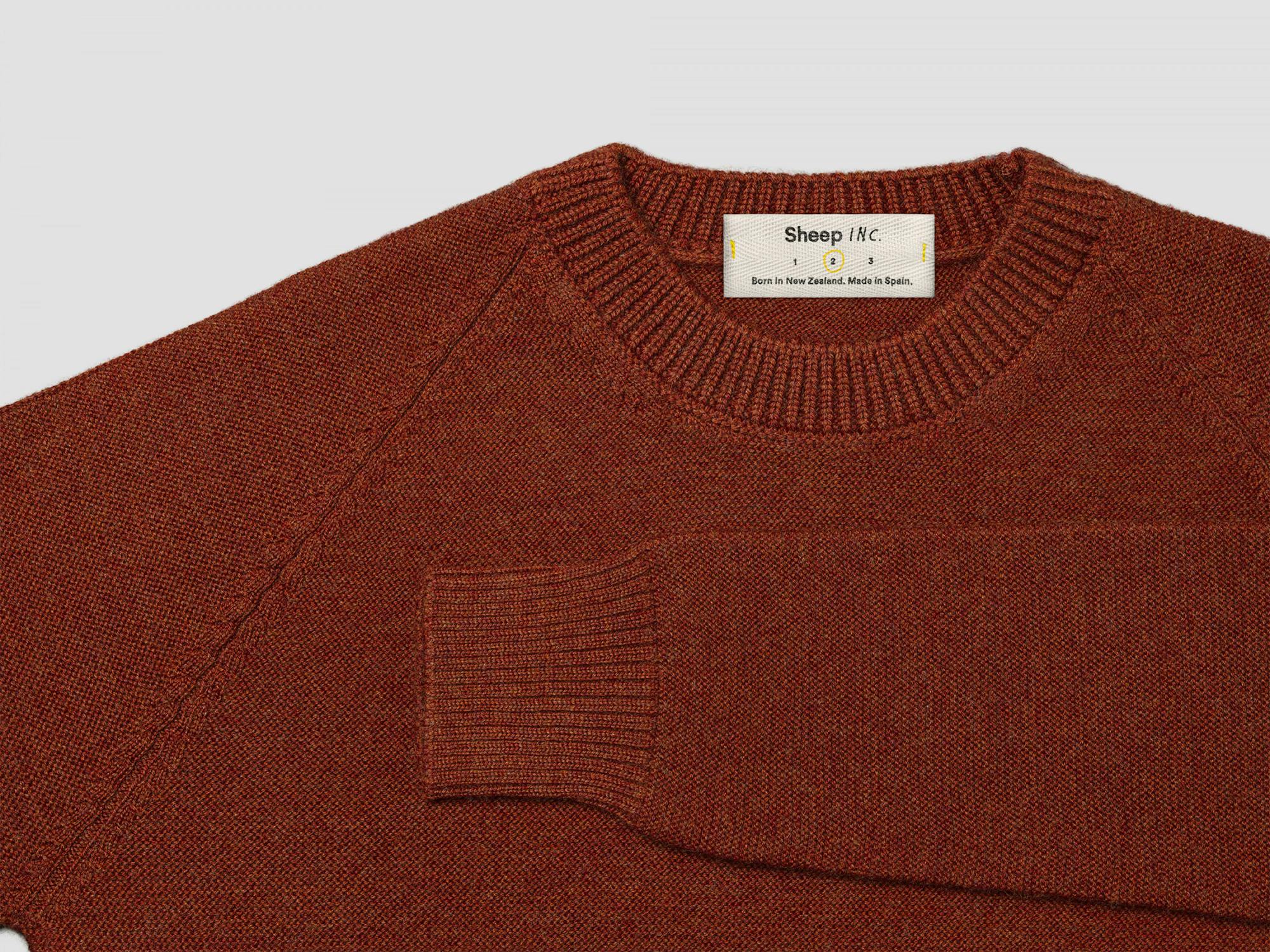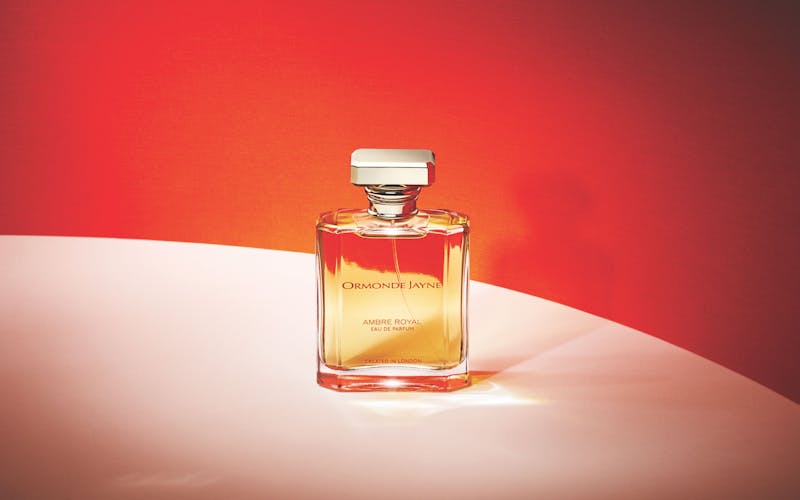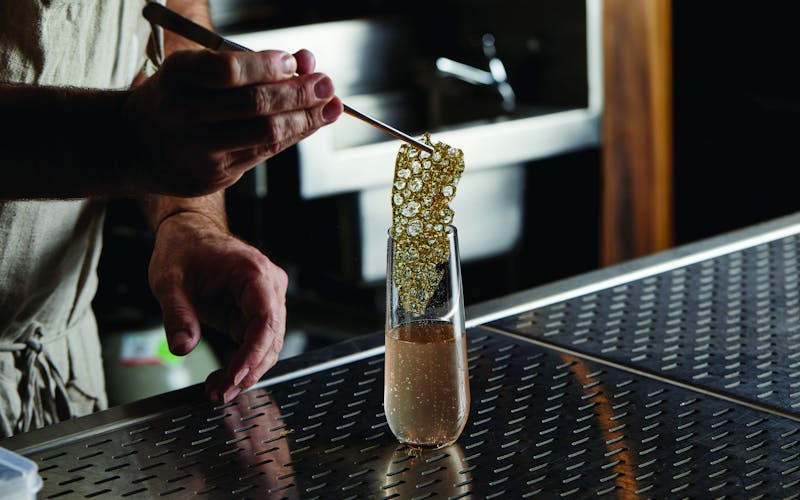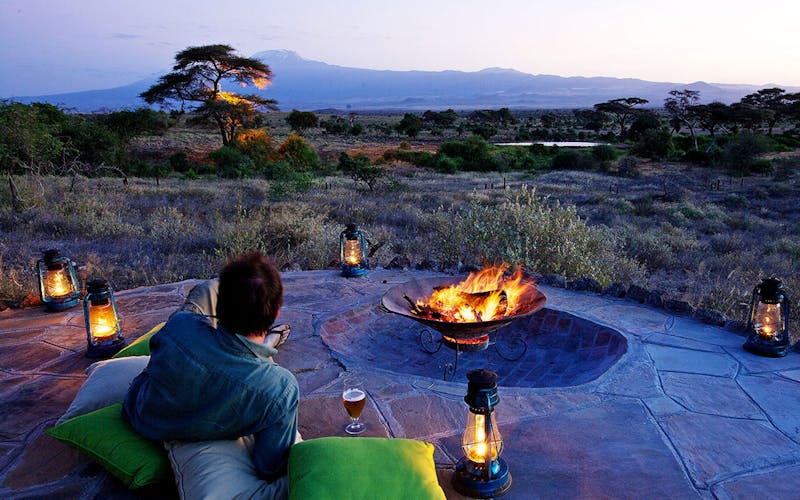

for Walpole members and
non-members available now
at The Londoner



Arguably Britain’s most iconic luxury brand, Bentley Motors aims to be end-to-end carbon neutral by 2030. Leading UK charter broker Fly Victor has already become the world’s first carbon negative aviation company. In our domestic watch industry, we have Bremont’s support of Sustainable Coastlines Hawaii via its Supermarine Waterman timepiece, while Hampshire-based superyacht design studio RWD has become a leading protagonist in Water Revolution Foundation: a science-driven, non-profit organisation devoted to neutralising the industry’s ecological footprint.
When it comes to the issue of sustainability, a highly contagious variant of the conscientious consumption bug has hit Britain. With herd immunity off the cards, the nation’s luxury sectors are responding with admirable gusto – and, given that fashion reportedly contributes up to 10 per cent of annual global carbon emissions, it’s pleasing to see the menswear scene stepping up to the plate, with UK brands now at the vanguard of the industry’s drive towards a new, more eco-conscious modus operandi.
This is true of the mega-brands – Burberry has committed to become climate positive by 2040 and has, along with Dunhill, signed up to the Walpole British Luxury Sustainability Manifesto – but we can also learn a lot, when it comes to environmentally benign ways of producing the very finest men’s garments, by turning our gaze to the smaller players.
Enter, stage-left, labels like Sheep Inc – a London-based knitwear brand, founded in 2019, whose cardigans, hoodies and jumpers are not only exquisitely cut and crafted, with elegant, ribbed collar and cuff details, but biodegradable and designed to last a lifetime.
“The rise of a fast fashion culture has enabled low-cost production of millions of garments without any thought of their afterlife, or consideration for the people who make them,” explains co-founder Edzard van der Wyck of the company ethos. “As a result, textile production has become one of the most polluting industries on the planet, producing 1.2 billion tonnes of CO2 per year and exploiting cheap labour to satisfy western desires for increasingly cheap clothes that are being treated almost as single use goods.”
With most of the luxury world focused on mere alleviation of carbon output, Sheep Inc is dedicated to reversing it. As such, its entire supply chain has been painstakingly engineered to mitigate more CO2 impact than it causes – and in deference to reality over rumour. Wool, for example, is sourced from New Zealand says Van der Wyck, because its sheep stations are at the forefront of the regenerative farming movement, and net emission profile at farm level far outweighs the negative impact of transport. “On top of having a naturally negative carbon footprint for all our products, we invest five per cent of our revenue into regenerative biodiversity projects,” he adds.
Elsewhere, Thalassophy – which was born of its founder Leigh Keates’ encounters with the plastic problem while canoeing down the Amazon River and sailing to Antarctica – makes shorts from 100 per cent recycled polyester sourced from marine and landfill plastic, while its shirts are made from 100 per cent certified organic cotton, with biodegradable Corozo nut buttons. Love Brand & Co.’s main focus is on wildlife conservation – hence the eye-catching elephant prints on the Trunks for Trunks range of shorts and shirts found in its two west London boutiques – but it also makes shorts from 100 recycled plastics, also uses Corozo nut buttons, and is tireless in its efforts to find new ways to reduce environmental impact.
“I’ve always wanted the brand to give back and to operate with a greater purpose in mind,” explains the brand’s founder Oliver Tomalin. “So we’ve always donated a percentage of revenue, not profit, to leading conservation charities, and focused on natural fabrics – 100 per cent recycled plastic, GOTS certified organic linen, hemp, organic cotton – so that we can guarantee a safe and sustainable provenance. We work with factories that hold the highest environmental standards, offset our carbon emissions and run the stores on renewable energy.”
It testifies to the authenticity and the sincerity of these brands’ environmental efforts that they tend to put more emphasis on what needs to be done than what they’ve already achieved. A case in point is Tom Glover, Managing Director of Peregrine – a British heritage brand established in 1796, whose knitwear factory is situated in Manchester, and which now works with carbon specialist consultancy Blue Marble.
“The fashion industry is a concerningly high polluting industry and we need to change this and set an example for other brands to follow,” he says. “We’re trying to be as sustainable as possible by using local materials that can biodegrade, and manufacture everything in the UK.”
Graham Blakey, Managing Director of Hancock – a maker of superior raincoats, and one of the companies chosen for Walpole’s 2021 Brands of Tomorrow programme – also believes that a greener journey for fashion has only just begun: “The greenwashing techniques applied by brands is quite painful to see sometimes, although there is now definitely a shift in mood,” he says. “It’s no longer just a useful marketing angle with little behind the façade – it’s the most important issue for the vast majority of consumers and manufacturers, and brands are changing their practices quite rapidly.”
An examination of Hancock’s own eco-journey makes his modesty all the more admirable. The brand’s belief is that intelligent partnerships are the way forward – and working with Scottish mills who have on-shored their garment production is just the start of it. “We undertook a project last year with Bergans of Norway, using tree cellulose fibre to produce coats that are fully recyclable, without any need to add virgin material or chemicals into the process: you can literally pulp the fabric and reuse it. We have a long way to go but it’s now our main focus and the journey continues.” Elsewhere, Hancock is investigating fabric produced from sea kelp, as well as non-woven, recycled wool fabrics for bonding their handmade raincoats...
Read the full article in the Walpole Luxury Trend Report below.






